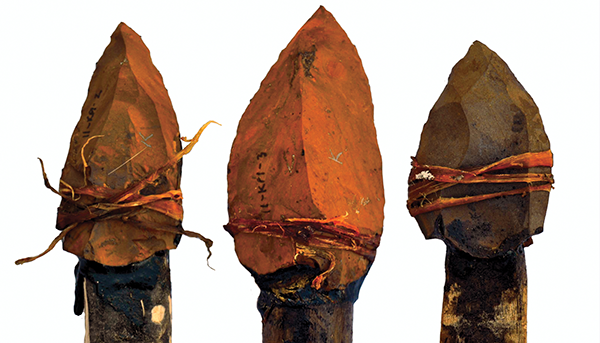What makes us human? w/ Donald Johanson
What sets us apart from other primates? Donald Johanson--credited with discovering the Australopithecus afarensis skeleton known as "Lucy"-- talks about what makes us uniquely human.
Look for more videos in this series, as we ask world-renowned anthropologists some of your most compelling questions. Have a question for us? Ask now!
Donald Johanson: I'm Donald Johanson and I'm founding director of the Institute of Human Origins at Arizona State University.
Question: What makes us human?
Johanson: Humans today are very different from Lucy and those Australopithecus creatures.
We have very large brains, we have a symbolic language, we are very highly creative, we are dependent on culture for our survival. Lucy was probably pre-stone tools so she wasn't really making tools on a regular basis. And we have not only culture that we depend on, it is what's called cumulative culture. We build on our cultural innovations.
We are endlessly inventive, as a species, we have very large brains, we have a symbolic way of looking at the world and we are very cooperative animals. These three aspects are things that really made us human.
Some anthropologists would say the final step, the final defining feature of what it means to be human is to do what I'm doing now -- using symbolic words to represent ideas.
To express ourselves not simply by barking at one another, or meowing at one another, or threatening one another by posture, but by being able to convey thoughts through this symbolic brain of ours and represent the world in a symbolic way. That speech, language as we know it, some anthropologists think is the defining moment of what it means to be really totally human.
Be Part of
Ask An Anthropologist
By volunteering, or simply sending us feedback on the site. Scientists, teachers, writers, illustrators, and translators are all important to the program. If you are interested in helping with the website we have a volunteers page to get the process started.

